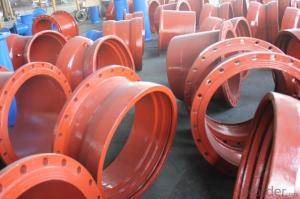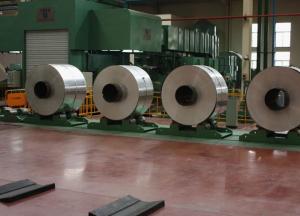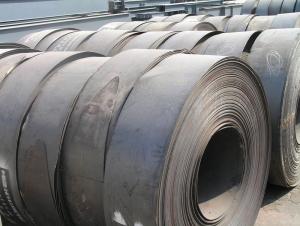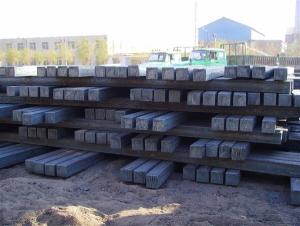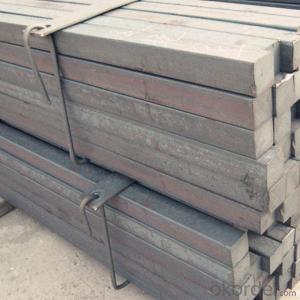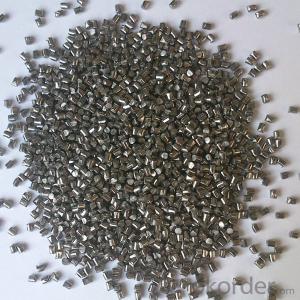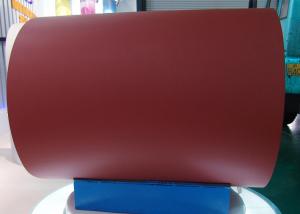ISO2531 DI flanged pipe fitting with high quality
- Loading Port:
- Tianjin
- Payment Terms:
- TT OR LC
- Min Order Qty:
- 100 kg
- Supply Capability:
- 10000 kg/month
OKorder Service Pledge
OKorder Financial Service
You Might Also Like
Packaging & Delivery
| Packaging Detail: | plywood case or pallet,or according to customers' requirements. |
| Delivery Detail: | According to quantity |
Specifications
all kinds of pipes and fittings
1.OD:1/2"-48"
2.WT:SCH40-SCH160
3.Standard:ANSI B16.9, DIN 2605,DIN, JIS ETC
4.MOQ:50pcs
all kinds of pipes and fittings
Product items | All Kinds Of Pipes And Fittings |
Material | A234 WP5, WP9, WP11, WP12, WP22, WP91,WP92,A234 WPB, A420 WPL6,ect |
Specification | ANSI B16.9, DIN 2605, GB, DIN, JIS ETC |
Screw thread | BSPT, NPT, DIN |
Edge | Banded, Beaded, Plain |
Surface | hot dip galvanizing, electrical galvanized, Black |
Mechanical Properties | Tensile Strength: ≥330Mpa |
Working Pressure | 1.6MPa for water,0.5MPa for gas |
Packing | plywood case or pallet |
Usage | Petroleum, Chemical, Power, Gas, Metallurgy, Shipbuilding, etc |
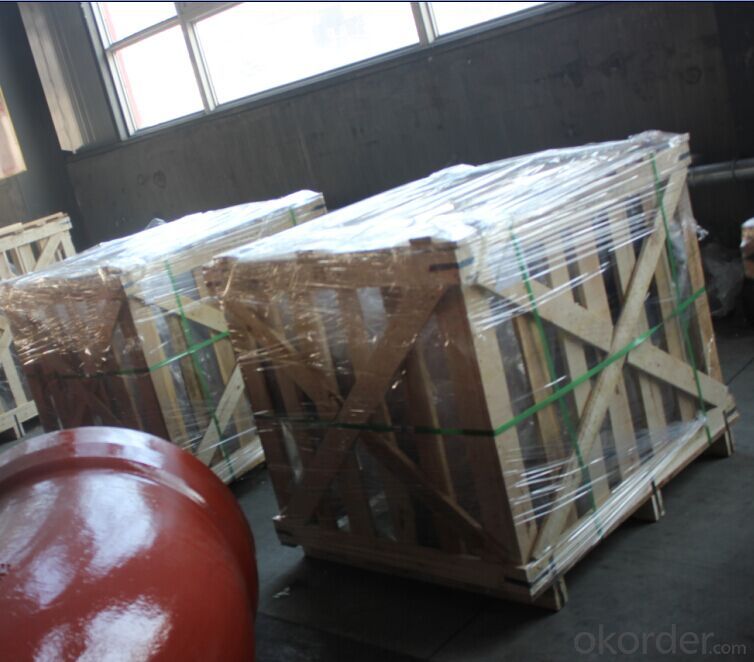
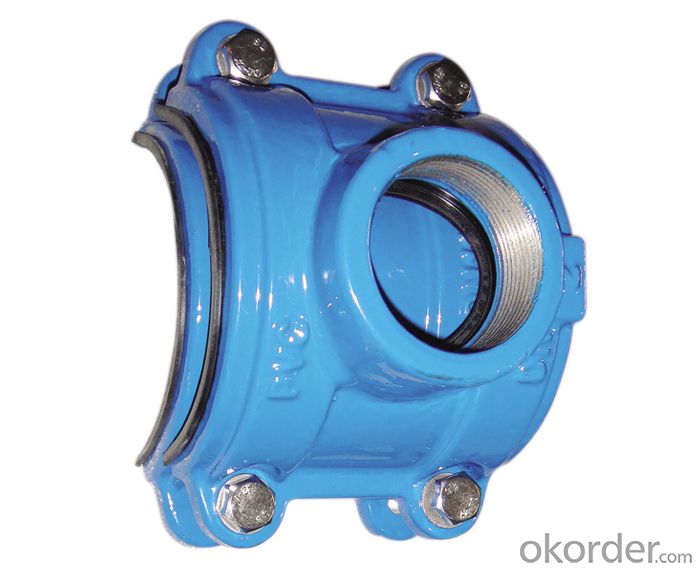
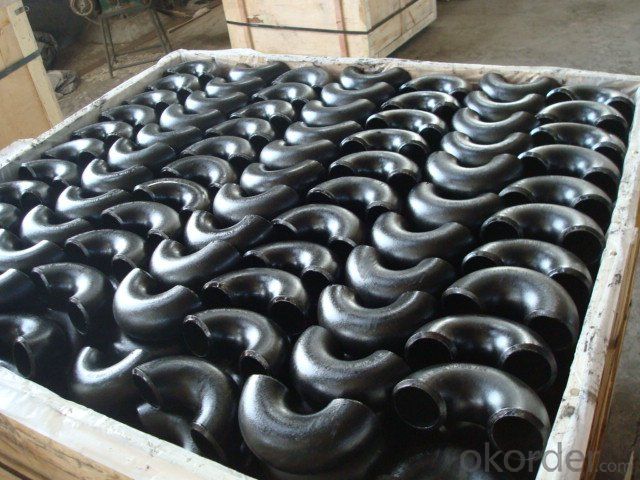
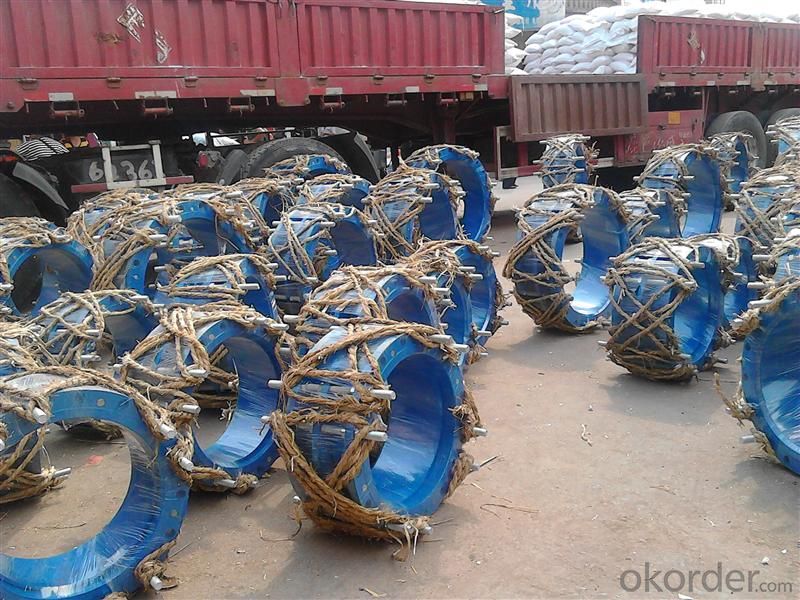
China National Building Materials Group Corporation (CNBM) was established in 1984 with approval from the State Council, and then became a Central Enterprise under direct supervision of State-owned Assets Supervision and Administration Commission of the State Council in 2003.
Upholding the philosophy of “Making Best Use of Resources to Serve Construction”, and vigorously carrying out such strategies as “technical innovation”, “internationalization of building materials”, and “building strength with talents”, CNBM is the largest comprehensive building materials industry group in China that integrates scientific research, manufacturing and logistics into one entity, and consists of four business platforms, i.e. industry, technology, complete set of equipment, and trading & logistics. As of the end of 2009, CNBM’s total assets exceeded RMB 110 billion, with 100,000 employees, and 20 companies under direct management with 100% share control or majority control, among which 6 were listed companies, including 2 overseas listed.
CNBM practices the parent-subsidiary management system, and is one of those wholly state-owned enterprises carrying out the pilot trial of Board of Directors system and innovation system. As the strategic center, decision center, resources center, and policy & culture center, our Group exercises its right as a contributor. Whereas, our sub-groups functioning as business platforms, are mandated to construct the profit center based on their core competences to enlarge brand awareness and increase market share.
- Q:How is steel used in the production of industrial machinery?
- Steel is commonly used in the production of industrial machinery due to its strength, durability, and versatility. It is used to construct the framework and components of various machines, providing stability and reliability. Steel is also utilized in the manufacturing of gears, shafts, and bearings, as it can withstand heavy loads and high temperatures. Additionally, steel is often used for cutting and shaping tools, allowing for precision and efficiency in the production process.
- Q:How are steel products used in the construction of theme-based wildlife safari parks?
- Steel products are used in the construction of theme-based wildlife safari parks for various purposes such as building structures, enclosures for animals, walkways, fencing, and support systems. Steel's strength, durability, and versatility make it an ideal material for creating safe and secure habitats for animals, as well as for constructing infrastructure that can withstand the elements and heavy visitor traffic.
- Q:How can steel products be protected from corrosion?
- Steel products can be protected from corrosion through various methods such as applying protective coatings like paint or zinc, using corrosion-resistant alloys, electroplating, galvanizing, and implementing proper maintenance practices like regular cleaning and inspection.
- Q:How does steel pipe coating for natural gas pipelines work?
- Steel pipe coating for natural gas pipelines works by applying a protective layer to the surface of the steel pipe to prevent corrosion and ensure the safe transport of natural gas. The coating materials used are usually epoxy or polyethylene, which are applied through various methods such as spraying or wrapping. This coating acts as a barrier against moisture, chemicals, and other external factors that can cause corrosion. It also provides insulation and enhances the durability of the pipeline, reducing the risk of leaks or damages.
- Q:How does steel compare to other materials like aluminum or wood?
- Steel is a highly durable and strong material that offers significant advantages compared to materials like aluminum or wood. Its superior strength allows for the construction of larger and sturdier structures, making it ideal for applications where structural integrity is crucial, such as in high-rise buildings and bridges. Additionally, steel's resistance to corrosion and fire makes it a safer and more long-lasting option. Compared to aluminum, steel is generally less expensive and has a higher weight-bearing capacity. While wood has its own unique aesthetic appeal and is renewable, steel surpasses it in terms of strength, durability, and resistance to environmental factors.
- Q:How is steel used in the production of tools and machinery?
- Steel is used in the production of tools and machinery due to its exceptional strength, durability, and versatility. It is commonly utilized to create blades, gears, bearings, and structural components that require high strength and resistance to wear and tear. Additionally, steel can be easily shaped and machined, making it ideal for manufacturing various types of tools and machinery.
- Q:What are the common uses of steel pipes and tubes?
- Steel pipes and tubes have a wide range of common uses across various industries. They are frequently used for transporting fluids and gases in plumbing, heating, and cooling systems. Additionally, steel pipes and tubes are widely employed in the construction industry for structural purposes, such as supporting buildings, bridges, and infrastructure. Other common applications include oil and gas pipelines, automotive manufacturing, and the production of machinery and equipment.
- Q:How are steel products used in the construction of religious buildings and places of worship?
- Steel products are commonly used in the construction of religious buildings and places of worship due to their strength, durability, and versatility. Steel beams and columns provide structural support, ensuring the stability of the building. Steel roofing and cladding offer protection against the elements, while steel doors and windows enhance security. Additionally, steel is often used for decorative purposes, such as ornamental gates or intricate railings, adding to the aesthetic appeal of religious structures. Overall, steel products play a crucial role in creating safe, long-lasting, and visually appealing religious buildings and places of worship.
- Q:What are the different types of steel rails and their applications?
- There are several different types of steel rails, each with their own unique properties and applications. Some common types include: 1. Light rails: These are used primarily in light-duty applications such as tramways, light rail transit systems, and small industrial tracks. 2. Heavy rails: These are designed for heavy-duty applications, such as mainline railways and heavy industrial tracks. They are built to withstand high loads and provide stability. 3. Crane rails: These rails are specifically designed to handle the heavy loads of cranes and other material handling equipment. They are commonly used in ports, construction sites, and industrial facilities. 4. Guard rails: These rails are installed alongside railway tracks to prevent derailment and provide safety. They are typically made of a durable steel alloy and are designed to absorb impact in case of accidents. 5. Switch and crossing rails: These rails are used at junctions and crossings, enabling trains to change tracks. They are built with specific profiles and dimensions to ensure smooth transitions and minimize wear and tear. 6. Grooved rails: These rails have grooves or flanges on the top surface, allowing them to be used for tramways or other vehicles that require guidance. The choice of steel rail depends on various factors such as the intended application, load requirements, speed, and environmental conditions. The selection of the appropriate type of steel rail is crucial to ensure safe and efficient transportation.
- Q:What are the different types of steel fasteners and their uses?
- There are several types of steel fasteners commonly used in various applications. Some of the most common ones include screws, bolts, nuts, and washers. Screws are threaded fasteners that are designed to be inserted into pre-drilled holes and are commonly used to join two or more materials together. They come in various sizes and types, such as wood screws, machine screws, and self-tapping screws, each tailored for different materials and purposes. Bolts are similar to screws but typically have a larger head and require a nut to secure them. They are commonly used in applications that require high tensile strength and are often used to hold heavy objects together. Nuts are internally threaded fasteners that are paired with bolts to create a strong and secure joint. They come in various shapes and sizes, such as hex nuts, wing nuts, and lock nuts, and are used to fasten materials together by applying torque. Washers are thin, flat discs with a hole in the center. They are placed between the nut or bolt head and the material being fastened to distribute the load and prevent damage to the surface. Washers help to provide a more secure and even fastening. Each type of steel fastener has its own specific uses and applications, and choosing the right one depends on factors such as the materials being joined, the level of strength required, and the environmental conditions the fastener will be exposed to.
1. Manufacturer Overview |
|
|---|---|
| Location | |
| Year Established | |
| Annual Output Value | |
| Main Markets | |
| Company Certifications | |
2. Manufacturer Certificates |
|
|---|---|
| a) Certification Name | |
| Range | |
| Reference | |
| Validity Period | |
3. Manufacturer Capability |
|
|---|---|
| a)Trade Capacity | |
| Nearest Port | |
| Export Percentage | |
| No.of Employees in Trade Department | |
| Language Spoken: | |
| b)Factory Information | |
| Factory Size: | |
| No. of Production Lines | |
| Contract Manufacturing | |
| Product Price Range | |
Send your message to us
ISO2531 DI flanged pipe fitting with high quality
- Loading Port:
- Tianjin
- Payment Terms:
- TT OR LC
- Min Order Qty:
- 100 kg
- Supply Capability:
- 10000 kg/month
OKorder Service Pledge
OKorder Financial Service
Similar products
New products
Hot products
Related keywords
